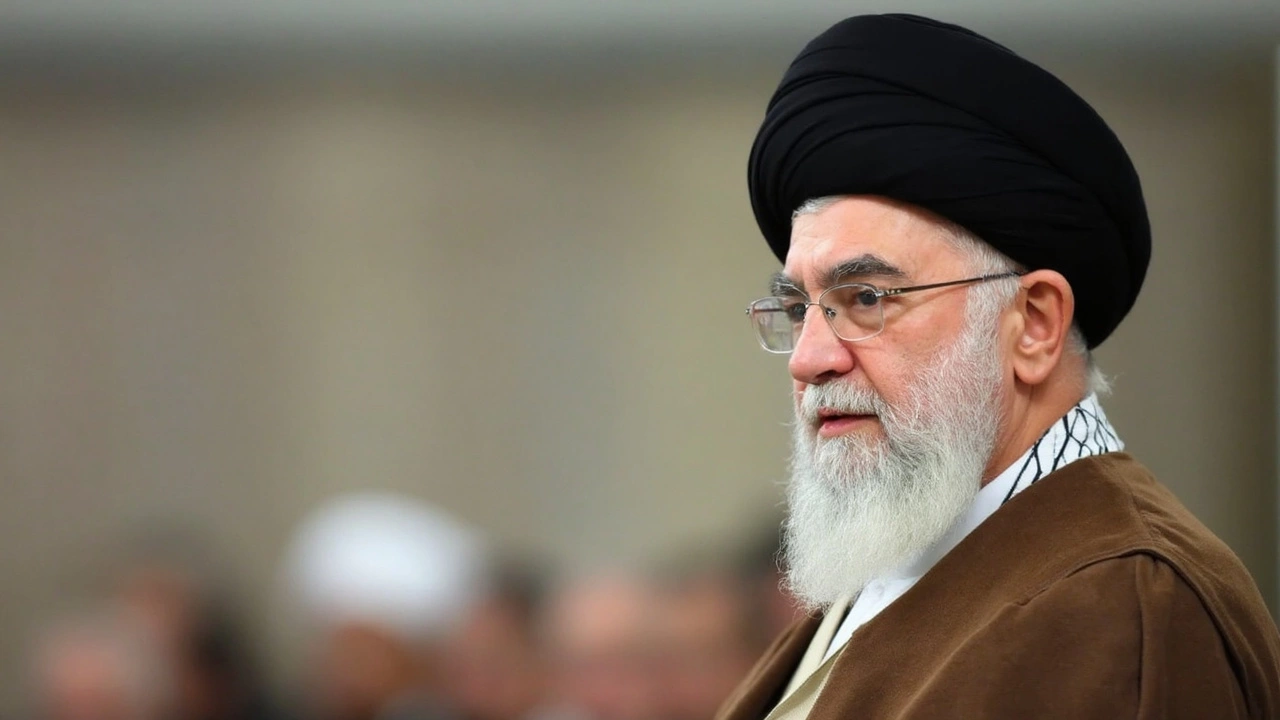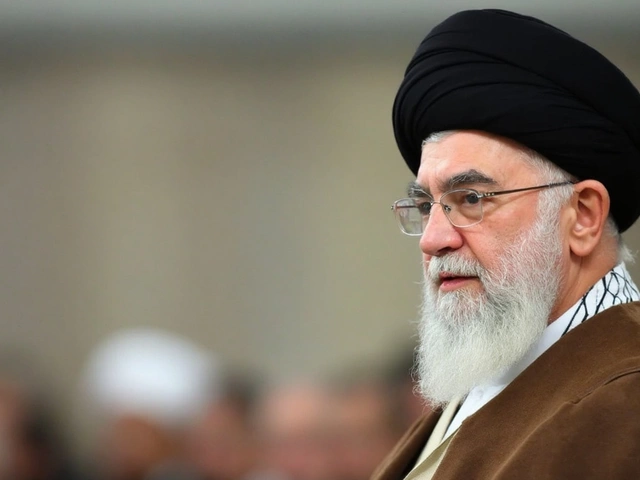How Iran’s Supreme Leader Shifted the 12-Day War with Israel

Khamenei’s Influence in the Midst of Conflict
Few figures on the world stage have the kind of sway that Ali Khamenei holds over Iran, especially when the country faces direct threats. During the recent 12-day war with Israel, Khamenei’s decisions and public remarks shaped how Iran responded—both on the battlefield and in the global arena. Behind the scenes, his words didn’t just rally Iranian forces; they also signaled to allies and adversaries exactly where Iran stood.
The conflict was sparked by a series of Israeli strikes targeting Iranian military and nuclear assets, reportedly meant to cripple Iran’s missile capabilities and disrupt its nuclear ambitions. With tensions sky-high, observers noticed something revealing: Khamenei’s responses veered between fierce condemnation of Israel’s actions and cautionary advice to Iran’s military leaders. This delicate balance aimed to avoid provoking a full-blown regional war while making it clear Iran wouldn’t back down from defending its core interests.
A Balancing Act: Escalation and Restraint
Early in the conflict, Khamenei accused Israel of seeking to destabilize the Iranian regime, directly blaming foreign interference for the escalation. His statements served a dual purpose—they fired up nationalist sentiment at home and issued a stern warning to Israel and its US allies. But contrary to what some expected, Khamenei also curbed calls for an immediate, all-out military response. He preferred measured retaliation, emphasizing targeted attacks through allied groups outside Iran rather than open state-to-state warfare.
Inside Iran, this approach exposed longstanding tensions in the regime’s inner circles. Some generals and political hardliners wanted a stronger reaction, worried that a softer approach would look weak after the strikes. But Khamenei’s control over strategic decisions remained absolute. He pushed back against these voices, highlighting the risks of escalation and the importance of protecting the regime above all else.
- Instead of a direct military confrontation, Iran leaned on its regional network—groups like Hezbollah and militias from Iraq and Syria ramped up attacks against Israeli targets, all under the watchful eye of Tehran.
- Khamenei’s strategy wasn’t just about saving face—it was a careful calculation, signaling Iran’s ability to strike back while stopping short of triggering a wider war that could threaten his grip on power.
The whole episode showed just how much weight Khamenei’s words still carry in Iran and beyond. Even as military installations and critical infrastructure came under fire, Iran’s strategy never strayed from his strict playbook.
It’s clear that events like this 12-day war are shaped not just by bombs and missiles but by the measured, sometimes unpredictable moves of leaders like Ali Khamenei. His mix of fierce defiance and careful restraint didn’t just change the direction of the conflict—it kept the whole region guessing about what Iran might do next.
